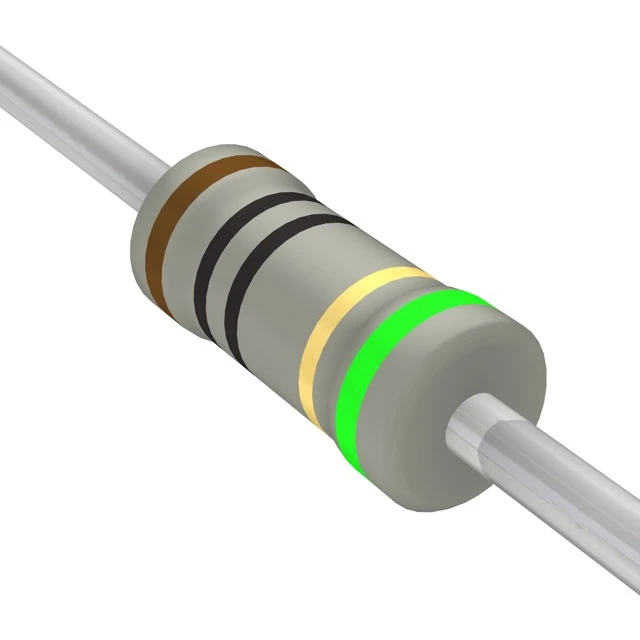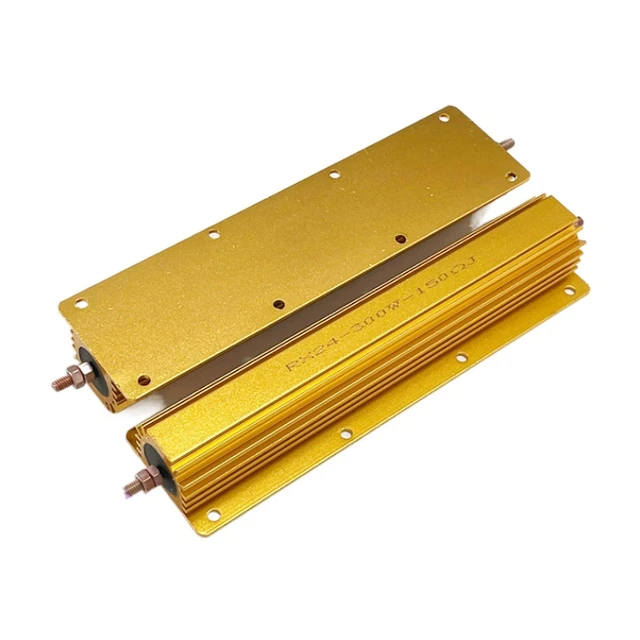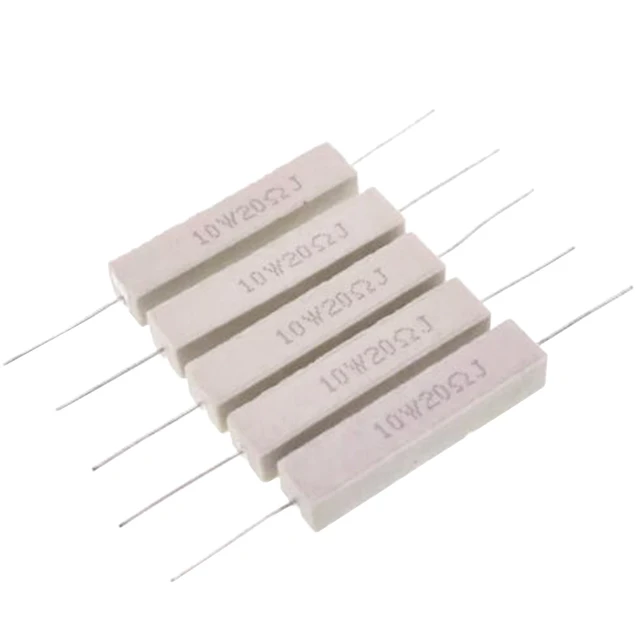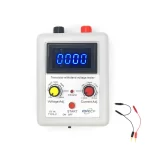 Introduction:
Introduction:
How does a resistor work?
Resistors are essential components in electrical circuits that help control the flow of current. Understanding how a resistor works is crucial for anyone working in electronics or with electrical systems. In this comprehensive guide, we will explore the basics of how a resistor functions, its characteristics, types, and practical applications. By understanding the operation and significance of resistors, you can effectively incorporate them into electrical circuits and ensure optimal performance.
Definition and Function of a Resistor
Definition of a Resistor:
A resistor is an electronic component specifically designed to impede or resist the flow of electrical current.
It offers a predetermined amount of resistance to the flow of electrons within a circuit.
Function of a Resistor:
The primary function of a resistor is to limit the amount of current flowing through a circuit.
It controls the voltage drop and dissipates electrical energy in the form of heat.
 Characteristics of a Resistor
Characteristics of a Resistor
Resistance Value:
Resistance is measured in ohms (Ω) and indicates the degree to which a resistor opposes the flow of current.
Resistors are available in various resistance values, allowing precise adjustment of current flow.
Power Rating:
The power rating of a resistor specifies its ability to handle and dissipate heat generated by the flowing current.
It is an important consideration to prevent overheating and damage to the resistor.
Types of Resistors
Carbon Composition Resistors:
Carbon composition resistors consist of a carbon-based compound mixed with a binder material.
They are compact and offer a wide range of resistance values, suitable for general-purpose applications.
Film Resistors:
Film resistors are made by depositing a thin resistive film onto an insulating substrate.
They offer greater precision and stability compared to carbon composition resistors.
Variable Resistors:
Variable resistors, often called potentiometers or rheostats, allow for adjustment of resistance within a specified range.
They are commonly used for volume controls, dimmer switches, and tuning applications.
 Practical Applications of Resistors
Practical Applications of Resistors
Voltage Division:
Resistors are employed in voltage dividers to create lower voltage outputs from a higher input voltage.
They divide the voltage proportional to the resistance values in the circuit.
Current Limiting:
Resistors play a crucial role in current limiting applications, protecting electronic components from excessive current flow.
They help prevent damage and ensure safe operation within specified limits.
Signal Conditioning:
Resistors are widely used in signal conditioning circuits to modify and shape electrical signals.
They enable impedance matching, filtering, and attenuation for reliable signal transmission.
Here are some common symptoms of a faulty blower motor resistor:
The blower motor resistor is an important component of the heating, ventilation, and air conditioning (HVAC) system in a vehicle. It controls the speed of the blower motor, which regulates the airflow inside the vehicle. Here are some common symptoms of a faulty blower motor resistor:
Non-Operational Blower Fan: If the blower fan stops working completely, it could be a sign of a malfunctioning blower motor resistor. The resistor controls the power supply to the blower motor, so a failure can result in no airflow inside the vehicle.
Inconsistent Blower Speeds: One of the most prominent signs of a faulty blower motor resistor is the inability to adjust the speed of the blower fan. If the fan only works on one speed (usually the highest setting), but not on other speed settings, it is likely due to a resistor issue.
Intermittent Operation: The blower motor may exhibit intermittent operation, with the fan randomly turning on and off or working inconsistently. This can be caused by a worn-out blower motor resistor that is experiencing electrical issues.
Noisy Blower Motor: A failing resistor can result in abnormal or loud noises coming from the blower motor. This can include squealing, chattering, or buzzing sounds caused by electrical problems within the resistor.
Overheating or Burning Smell: A damaged or worn-out blower motor resistor can overheat, leading to a noticeable burning smell inside the vehicle. If this occurs, it is essential to have the resistor inspected and replaced to prevent further damage or potential fire hazards.
If you suspect a problem with your vehicle’s blower motor resistor, it is advisable to have it inspected and repaired by a qualified technician. They can diagnose the issue accurately and replace the faulty resistor if necessary to restore proper functioning of the HVAC system.
 If the blower motor resistor is not working, there are a few steps you can take to address the issue:
If the blower motor resistor is not working, there are a few steps you can take to address the issue:
Confirm the Issue:
Before assuming the blower motor resistor is the problem, check other potential causes such as a blown fuse or a faulty blower motor. Inspect the fuse box and consult the vehicle’s manual for the specific location of the blower motor resistor fuse.
Replace the Fuse:
If the fuse is blown, replace it with a new one of the same rating. This could solve the issue and restore the functionality of the blower motor resistor. However, if the new fuse blows again, it indicates a deeper electrical issue that needs professional attention.
Inspect the Resistor:
If the fuse is intact, the blower motor resistor itself may be faulty. Locate the resistor, which is typically located near the blower motor under the dashboard or inside the HVAC unit. Inspect it for any signs of damage, burning, or corrosion.
Replace the Resistor:
If the resistor appears damaged or tests confirm its failure, it is recommended to replace it. Consult the vehicle’s manual or seek guidance from a qualified technician to identify the exact replacement resistor that matches your vehicle’s make and model.
Professional Assistance:
If you are unsure about the process or unable to replace the blower motor resistor yourself, it is advisable to seek help from an experienced technician. They will be able to diagnose the issue accurately and replace the resistor properly to resolve the problem.
Remember, electrical components can be sensitive and require proper handling and knowledge. If you are not confident in your abilities, it is best to consult a professional for repairs or replacements to ensure safety and prevent further damage to your vehicle’s electrical system.

Conclusion:
How does a resistor work? Understanding how a resistor works is vital for building and troubleshooting electrical circuits. By grasping the basics of resistance, power rating, and the different types of resistors, you can effectively incorporate them into various applications. Resistors control current flow, limit voltage, and play a crucial role in voltage division, current limiting, and signal conditioning. Embrace the knowledge presented in this comprehensive guide, and utilize resistors confidently and effectively in your electronic projects. With a clear understanding of how resistors work, you can ensure reliable and efficient operation of your electrical circuits.









